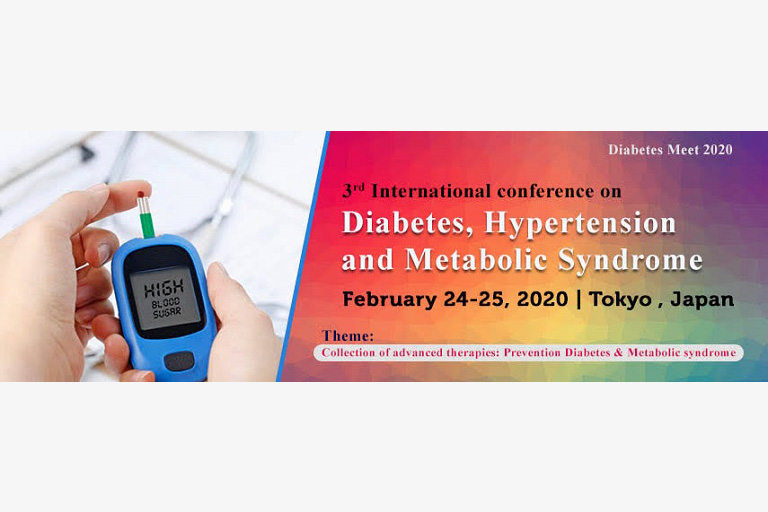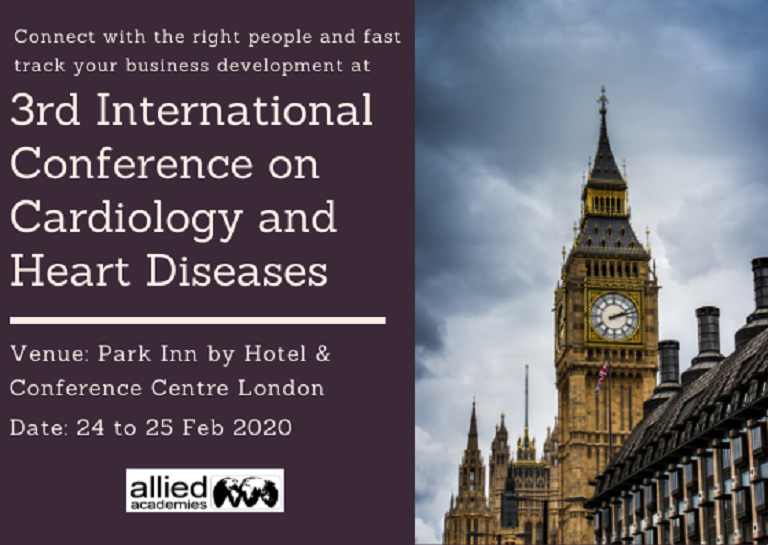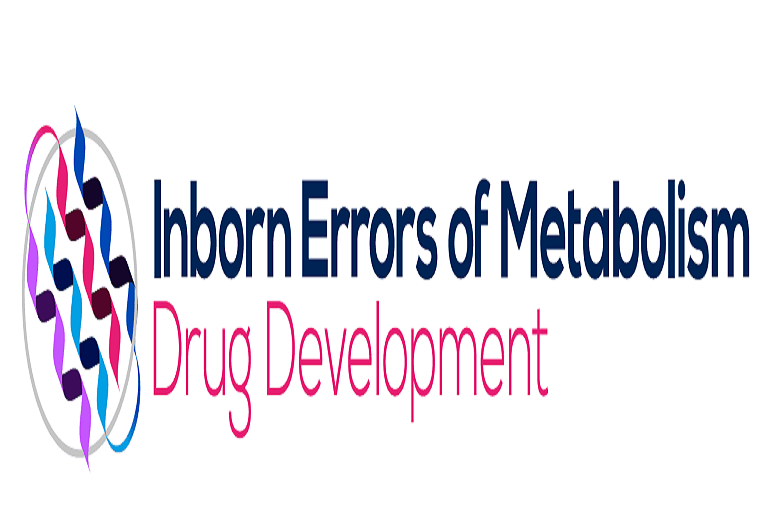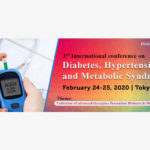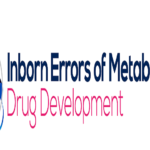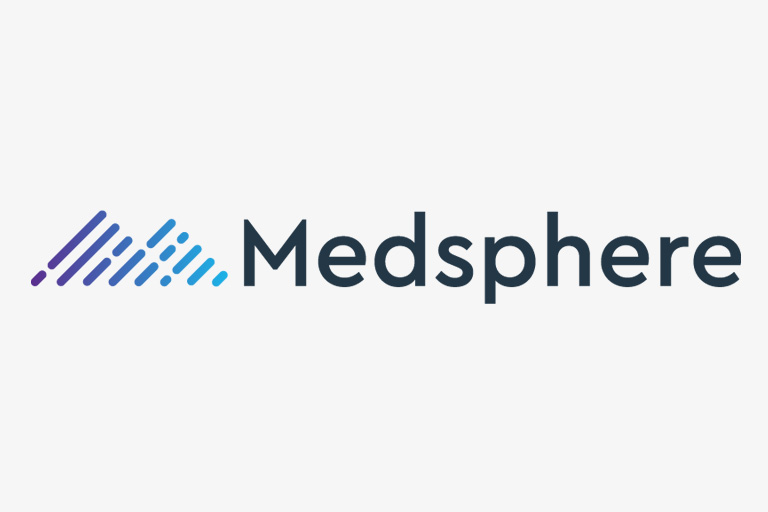“It’s All Public Health, and It’s Driven by Data” Article by Irv Lichtenwald, Medsphere CEO & President
Americans are used to seeing California as a bellwether. Whether or not that’s a good or bad thing often depends on individual perspective.
But there’s less room for differences of opinion when it comes to housing and homelessness. With a booming economy that is now the fifth largest on planet Earth, California has also experienced a dramatic rise in homelessness in recent years. In Los Angeles County alone, homelessness has risen in three of the last four years, with a 12 percent increase in the last year.
The reasons for California’s uptick in homelessness are treated as obvious. Average rent in the LA area is now north of $2,000 a month, pushing many residents on the financial edge over the brink.
If nationwide data are any indicator, that’s a lot of vulnerable people. According to a widely referenced Bankrate survey, only 40 percent of Americans would be able to pay an unexpected $1000 expense with dollars in savings.
While Forbes would have us believe it doesn’t matter because Americans have broad access to credit in an emergency, there’s a truth beyond shilling for big banks that the magazine willfully ignores.
Living on the cusp of insolvency is a balancing act. Millions have little in savings because they exist paycheck to paycheck. Borrowed money and high interest rates just push the vulnerable past the breaking point and out onto the streets.
Maybe that cocktail of problems is why the ranks of the homeless in LA are swelling. Perhaps, in an unlucky month, the fridge stopped working and the car broke down at about the same time someone was diagnosed with diabetes and the rent went up.
Or maybe there was some of that and some mental illness or addiction thrown in just to further gum up the works. Misfortune is pricey in America.
And this is where Fortune, or at least one columnist for the publication, really fails to grasp the problem. People are not just borrowers, or renters, or consumers, or employees, or patients. They are all these things and more. When a serious problem occurs with any one of these personas and there is no cushion—time, money, support—to deal with it, everything suffers, including, sometimes especially, health.
Which is why there even exists the discipline of public or population health. Any tear in the fabric is potentially harmful. Public health seeks to prevent these lacerations.
“While a doctor treats people who are sick, those of us working in public health try to prevent people from getting sick or injured in the first place,” reads the About page on the American Public Health Association (APHA) website. “We also promote wellness by encouraging healthy behaviors.”
Among the practitioners of public health, APHA includes the obvious—social workers, public health doctors and nurses, health educators—and the less conspicuous—restaurant inspectors, as well as scientists and researchers.
Is this list complete? In addition to those professions that endeavor to improve public health, should it also include those with the power to dismantle it?
Maybe that’s a step too far. Still, healthcare is evolving from a system of treating illness and disease to one that understands the superiority—economic and otherwise—of preventing it.
“Knowing what circumstances a patient might experience, ranging from a person’s access to transportation to their food security or level of education, helps clinicians find easy-to-solve problems outside of the care environment that can have a huge and costly impact on a patient’s well-being,” observes Healthcare IT News in covering recent joint efforts by Waystar and KPMG to integrate social determinants of health into projections for high-risk populations.
“When we look at economic stability, how patients access healthcare resources, the access they have to primary/follow-up care … all of those areas for us are areas of risk and until recently we didn’t have much insight into them,” said KPMG principal Larry Burnett.
Maybe we didn’t have strong data, but anecdotally we’ve known these things forever—at least since Bono explained in 1988 that “the rich stay healthy, the sick stay poor.”
So, are we only now understanding in detail what contributes to good and bad health because we finally have tools to identify the challenge? Do we grasp that almost everything in a person’s life is a health component because we can control all those puzzle pieces?
Nope. Not by a long shot. But we are headed in the right direction.
Recall that decades ago there was almost no recognition of the impact of unreliable transportation on evaluation and treatment, little understanding of food deserts, scant appreciation for the deleterious effects of loneliness.
Now we know that most everything in life contributes to overall health, and the ubiquity of IT systems means we can start to track that data in meaningful ways.
Should healthcare be responsible for so many aspects of a person’s life? Not directly, no. We’re not talking about taking responsibility. Instead, many if not most patients don’t even know how their behavior may be negatively impacting life. Data can tell them what they might want to improve, even if they never do.
The bottom line on the public health approach to personal health is just that—the bottom line. As we’re seeing now, measles outbreaks, opioid addiction epidemics, diseases of desperation—all these and more afflictions have tremendous costs in both blood and treasure for American society.
Ultimately, we’ll decide that population health, as well as personalized and preventive medicine—disciplines that depend on and benefit from data—are both the correctly humane approach and the steps necessary to keep healthcare from overwhelming the economy.














